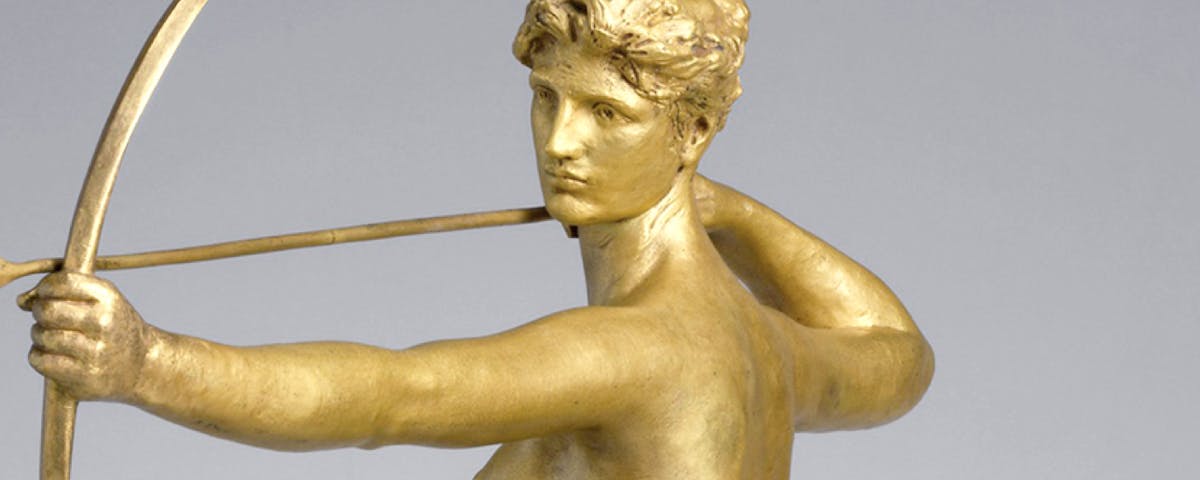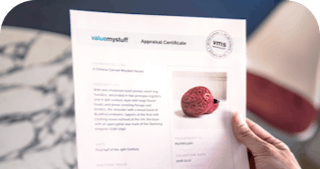Metal & Brassware Valuations

The most common metal to collect is silver. There are, however, other metals like gold, bronze, brassware, tin and copper that also maintain inherent worth.
Have something to value in Metals & Brassware?
Get your valuation in three simple steps!



Upload a photo
Upload a photo of your item



Item is valued
Experts value your item



Receive valuation
We send you your valuation
Today, brass is more commonly used than copper because it's malleability, conductibility, and its durability. Many objects are made of brass for this reason - to musical instruments,pipes, household objects, and cartridge cases for firearms to name a few. In 3000 B.C. ancient metal workers began making bronze in the region that is now known as Syria. On occasion and without realizing, these alchemists would also make brassware- an alloy of zinc and tin. In 20 A.D., craftsman around the area began experimenting with different compounds and shortly thereafter the technique was deployed to Europe before England patented the formula for brass. The difference between brass and bronze is subtle, but because of bronze's ability to resist heat, it is commonly used by artists to make monumental sculptures. Some metals are more valuable than others and if you wish to receive a Metals & Brassware valuation on your metal from our online specialist, simply upload a photograph and tell us any other details you know about the item.
Our Metals & Brassware Experts
Our specialist in sculpture, graduated from the University of Edinburgh in 1997 with an MA joint honours in Ancient History with Classical Art, before joining Christie’s South Kensington where he worked briefly in the Oriental Works of Art Department. He then spent a year cataloguing the Paul Levi Collection of Fine Picture Frames, finally moving to the European Furniture and Works of Art Department as a specialist. He remained in this role for seven years during which time he concentrated mostly on cataloguing the monthly furniture and works of art sales. He also gained valuable experience in cataloguing collections and off-site house sales, including Chirk Castle.

